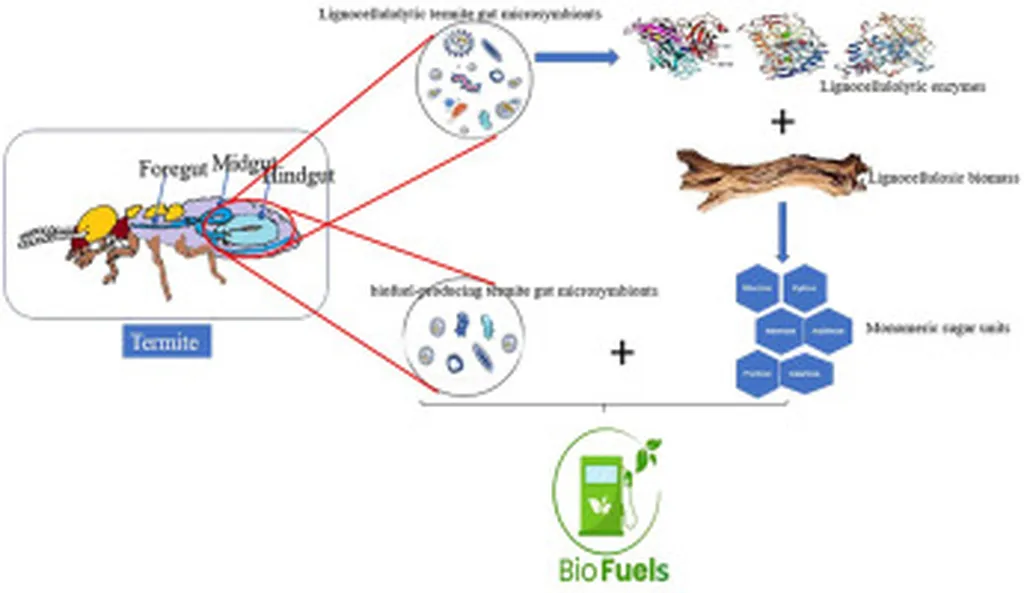In the heart of the Pelagonia region, a treasure trove of microbial talent is being unearthed, with the potential to revolutionize the energy sector and sustainable agriculture. Researchers, led by Dzoko Kungulovski, have isolated and characterized cellulolytic bacteria from various soil samples, opening doors to innovative biotechnological applications.
Cellulose, the most abundant renewable natural product on Earth, is a complex carbohydrate that forms the structural component of plant cell walls. Its breakdown into simpler sugars is crucial for various organisms and holds promise for biofuel production. However, the inefficient use of cellulosic waste has led to significant accumulation, making the discovery of potent cellulolytic microorganisms a pressing need.
Kungulovski and his team set out to explore the microbial communities in the Pelagonia region, known for its diverse ecosystems. “We believed that the unique environmental conditions in this region could harbor microorganisms with exceptional cellulolytic activities,” Kungulovski explained. The researchers collected soil samples and screened them for bacteria capable of degrading cellulose.
Their efforts yielded fifteen colonies with notable cellulolytic potential. These isolates were identified as Bacillus spp., Bacillus weihenstephanensis, Pseudomonas putida, and Staphylococcus spp. “The diversity of these bacteria is promising,” Kungulovski noted. “Each species brings a unique set of enzymes and metabolic pathways that could be harnessed for various applications.”
The implications of this research are far-reaching. In the energy sector, these cellulolytic bacteria could enhance biofuel production by efficiently converting cellulosic waste into fermentable sugars. This process not only addresses the issue of waste accumulation but also contributes to the development of sustainable and renewable energy sources.
Moreover, the agricultural sector stands to benefit from these findings. The efficient breakdown of cellulosic waste can improve soil health, reduce environmental pollution, and promote sustainable farming practices. “This research is a stepping stone towards a more sustainable future,” Kungulovski remarked. “By understanding and utilizing these microorganisms, we can address some of the most pressing challenges in agriculture and energy production.”
The study, published in the ‘Journal of Agriculture and Plant Sciences’ (translated from Macedonian as ‘Журнал за земјоделство и биологија на растенијата’), provides a comprehensive overview of the potential of these microorganisms. It highlights the importance of exploring microbial communities in diverse ecosystems and their potential applications in biotechnology and sustainable agriculture.
As we stand on the brink of a biotechnological revolution, the work of Kungulovski and his team offers a glimpse into a future where sustainable practices and innovative technologies go hand in hand. The isolation and characterization of these cellulolytic bacteria not only advance our understanding of microbial diversity but also pave the way for groundbreaking developments in the energy sector and beyond.

